The holiday season is thought to be the happiest time of the year. Still, the anxiety of having too much to do, too little time and the tendency to overspend can easily overshadow holiday happiness. With some practical tips, you can minimize the stress that accompanies this time of year.
- Get organized. Make lists or use an appointment book to keep track of tasks to do and events to attend.
- Know your spending limit. Shop with a list and set a budget. Don’t spend more than you’ve planned. For helpful budgeting tools and resources visit the Merrill Lynch website at benefits.ml.com.
- Keep a regular sleep, meal, and exercise schedule. Taking care of yourself will help you deal with stressful situations during the holidays.
- Know that support is available. The holidays can be a difficult time, especially for those that have lost family or friends. If you or a family member is struggling to cope, contact BHS, your Employee Assistance Program (EAP), at 800-245-1150 for confidential support and guidance 24 hours a day, 7 days a week.
Take Charge. Live Well!
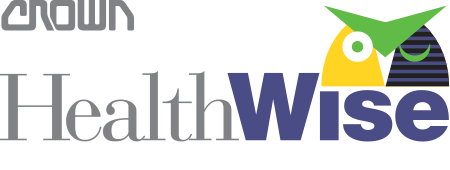

 Gum disease, also called periodontal disease, is caused when bacteria in plaque builds up between the gums and teeth. When the bacteria begin to grow, the gums surrounding the tooth can become inflamed. If left untreated, this can lead to gum recession or even tooth loss.
Gum disease, also called periodontal disease, is caused when bacteria in plaque builds up between the gums and teeth. When the bacteria begin to grow, the gums surrounding the tooth can become inflamed. If left untreated, this can lead to gum recession or even tooth loss. Whether you’re biking, running, playing pick-up sports or simply taking long walks after dinner, summer is a great time to enjoy many outdoor activities.
Whether you’re biking, running, playing pick-up sports or simply taking long walks after dinner, summer is a great time to enjoy many outdoor activities.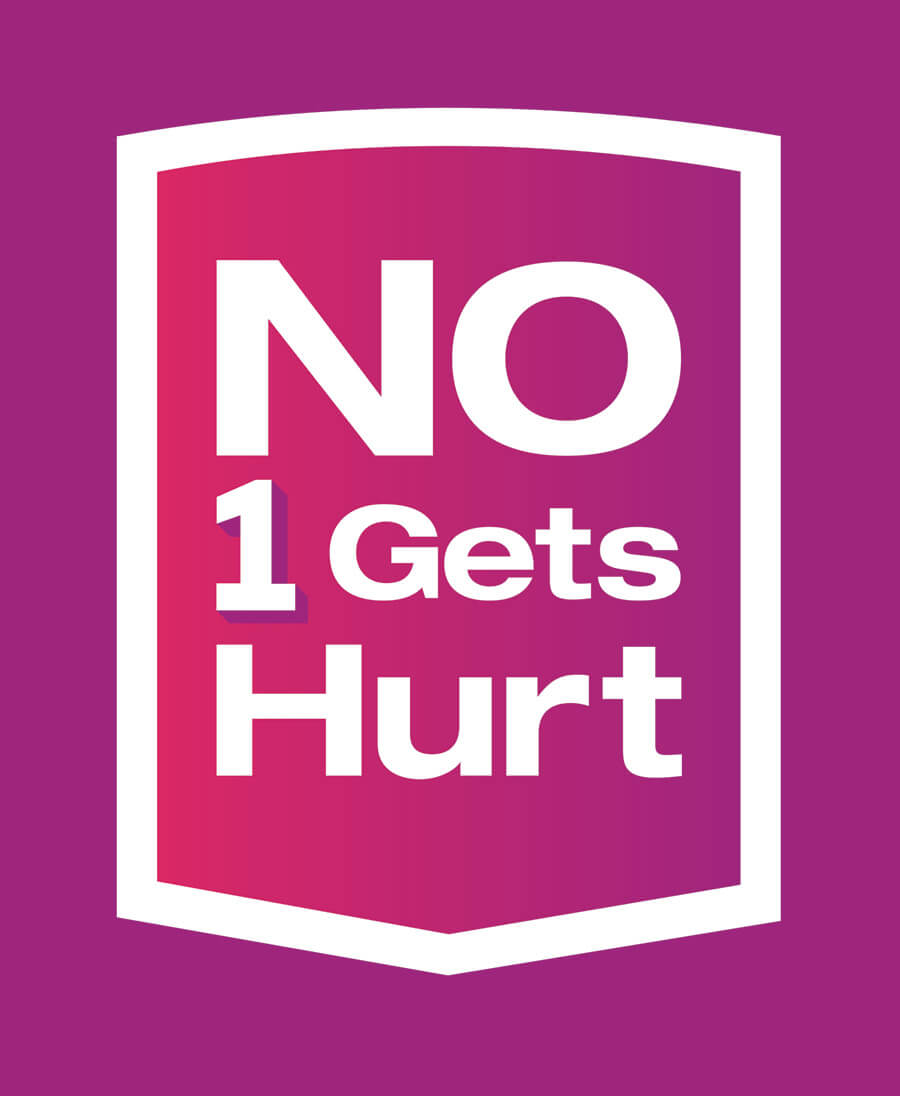
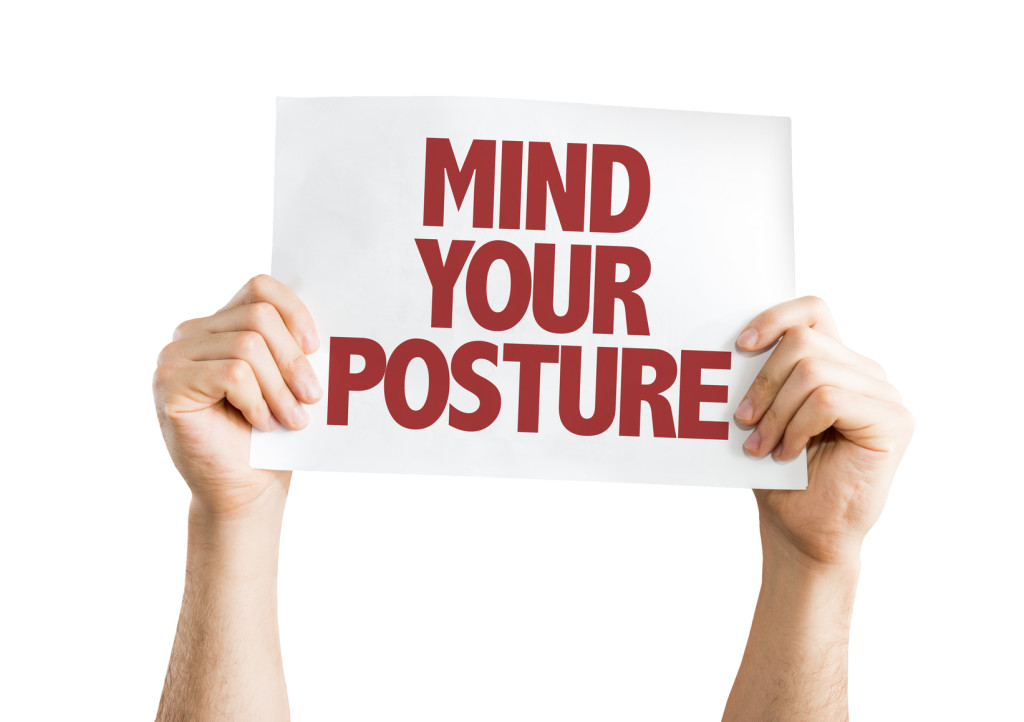
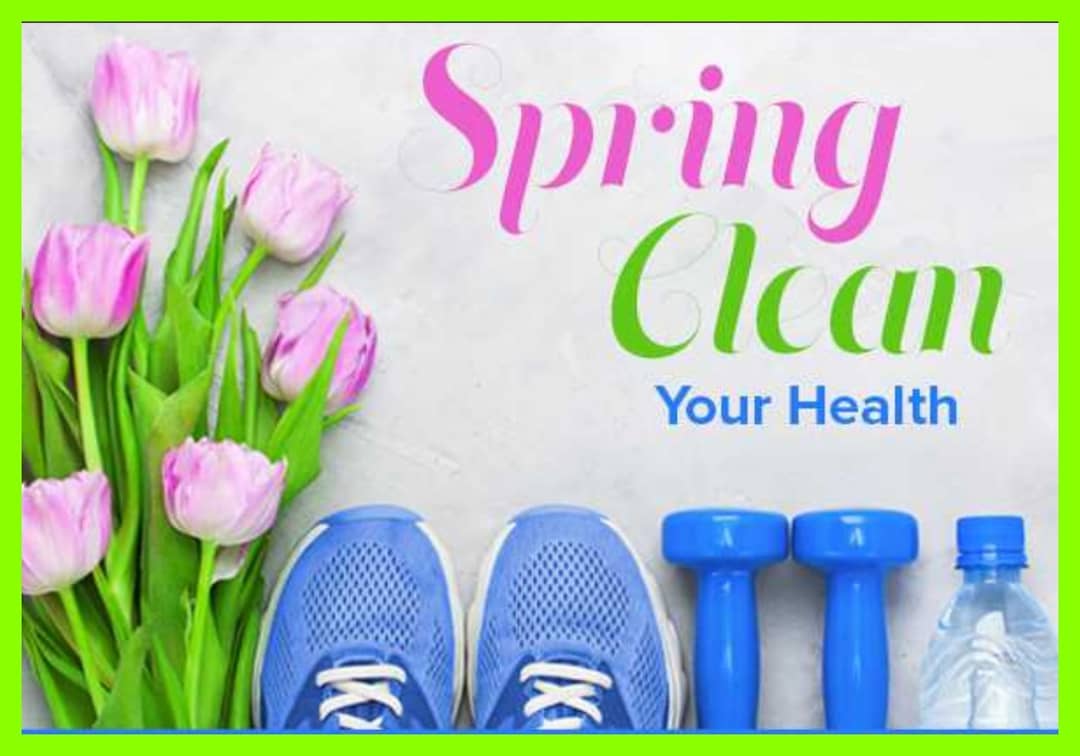
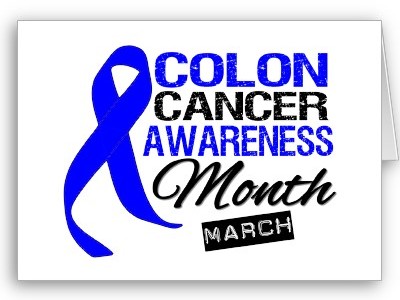 Among cancers that affect both men and women, colorectal cancer is the second leading cause of cancer-related deaths in the United States. Every year, about 140,000 Americans are diagnosed with colorectal cancer, and more than 50,000 people die from it.
Among cancers that affect both men and women, colorectal cancer is the second leading cause of cancer-related deaths in the United States. Every year, about 140,000 Americans are diagnosed with colorectal cancer, and more than 50,000 people die from it.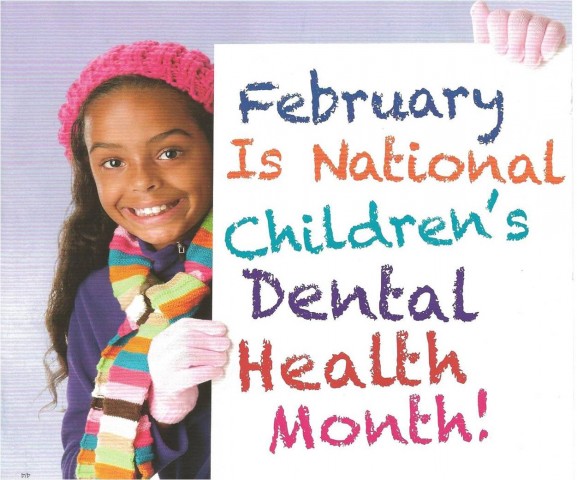 February is National Children’s Dental Health Month. Developing good dental habits at an early age is key to a lifetime of healthy teeth and gums.
February is National Children’s Dental Health Month. Developing good dental habits at an early age is key to a lifetime of healthy teeth and gums.